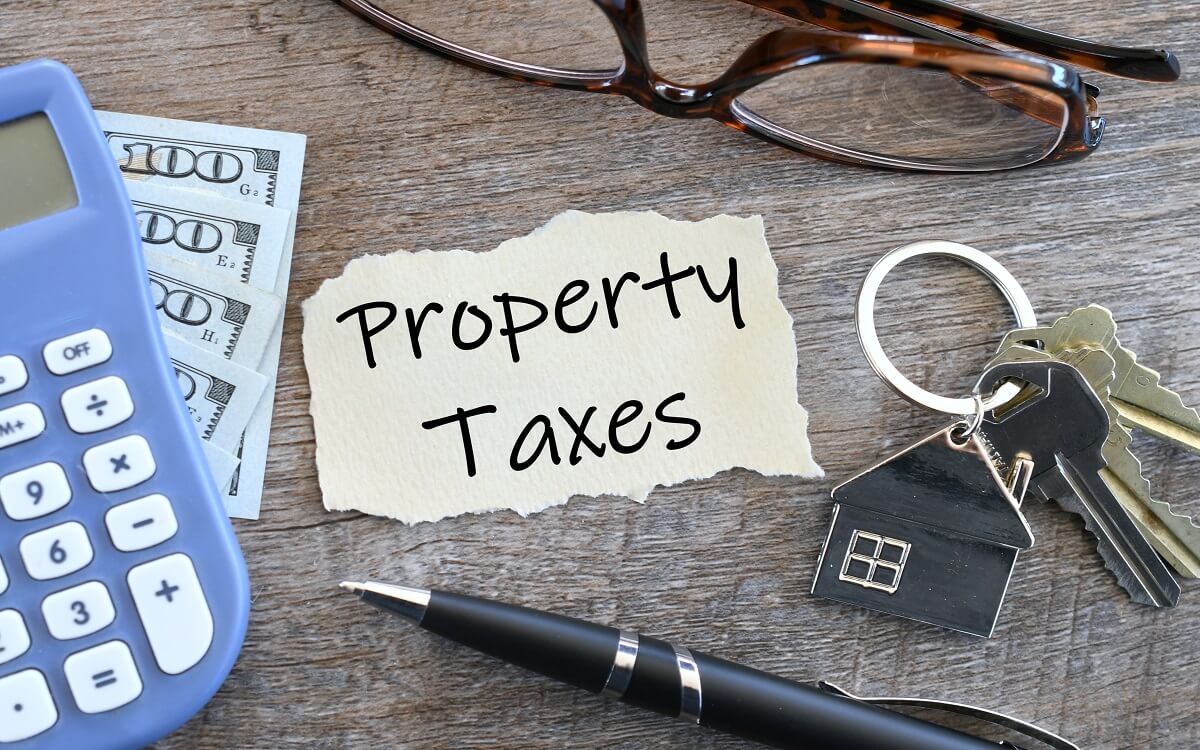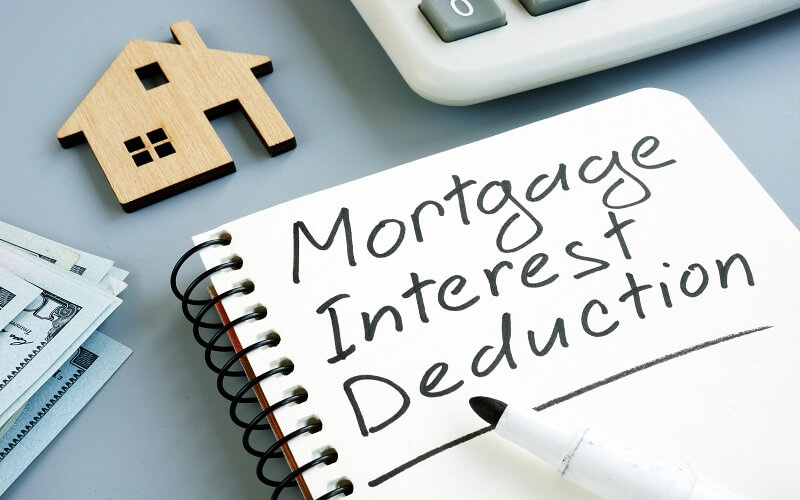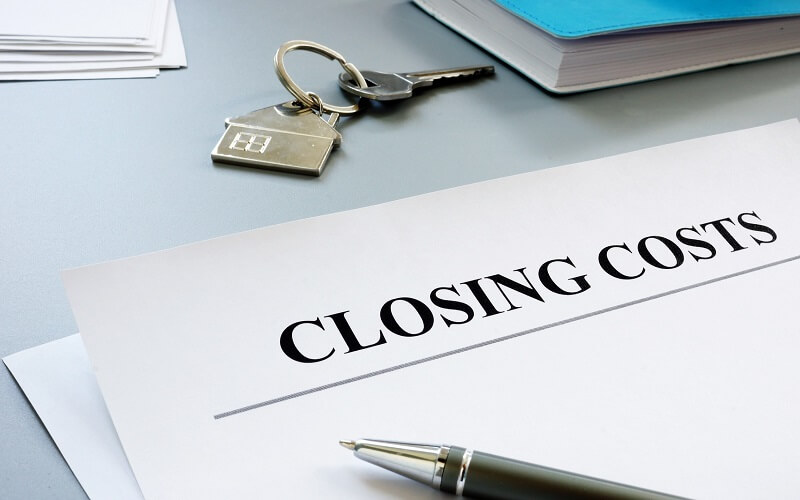Homeownership isn’t for everyone, but there are some perks. For example, you can do whatever you want to your home, including remodeling and renovating it.
But what about the costs involved with owning a home? Renters don’t have to worry about safety improvements or security systems—or paying for them through their rent checks—but homeowners do.
That’s why it pays to know how much these expenses will cost you before you take on this big investment.
One of the main expenses that homeowners have to pay is property taxes. Property taxes are a tax on the value of your property. They’re based on the assessed value of your home and paid for by homeowners.

Property taxes are usually due in two installments, one in December and another in April. If you’re renting, though, you don’t have to worry about this expense! However, in some municipalities, these taxes are paid quarterly.
As a homeowner, homeowner insurance becomes your responsibility. The type and amount of coverage you need will depend on the value of your home and its contents. As well as other factors, such as whether or not it has been remodeled recently. In general, you should expect to pay $1,200-$2,000 per year for basic homeowner’s insurance.
Not having to worry about paying the water or heat bill at the end of the month is a happy feeling. Homeowners do not have the such luxury because they are responsible for all of their utilities. This includes utilities such as power, water, heat, gas, cable, and internet.
The mortgage interest is the cost of borrowing money to buy your home. You can expect to pay between $2,000 and $3,000 per year in mortgage interest if you’re buying a house with a 20% down payment; however, it may be less if you put down more than 20%.

The amount of money that goes toward paying off your mortgage depends on how much equity (or value) has been built up in the home since it was purchased.
The more equity there is in the property, the lower this expense will be because less money needs to be paid back each month on principal balances owed on mortgages with adjustable rates versus fixed ones.
When you own a home, you’re also responsible for fixing things that break. And if you don’t fix them, they could lead to bigger problems down the line.
A renter doesn’t have this problem because their landlord is responsible for any repairs or maintenance needed in the rental unit – and usually pays for them out of their own pocket (or passes along some extra costs to tenants).
Closing costs are another significant burden on homeowners. Such costs can vary greatly depending on your house type, property location, and several other factors. Closing expenses are typically 1% to 3% of the home’s purchase price, although they can be much more, particularly in low-priced homes.

Common closing costs include your lender’s fees for loan origination, appraisal costs, title insurance, deed recording fees, and credit report fees.
Without a doubt, one of the most significant advantages of renting is not having to manage home maintenance and repair responsibilities. Home maintenance can be a lot of effort — and a lot of money – from fixing damaged appliances to updating air filters. Everything falls on the shoulders of homeowners, including both expected maintenance and unexpected repairs. But, renters are not responsible for either the responsibility or the bill.
Home security systems are another expense that you can’t avoid if you’re a homeowner. But what exactly is a home security system? It’s any device or software that helps protect your home from intruders, fires, floods, and other potential disasters. Some people choose to install them themselves, while others hire professionals to do the job for them.
Homeowners can pay anywhere from $500 to $2,000 for an average-sized house, depending on which features they select (like cameras).

There are also DIY kits available at big box stores like Lowe’s or Home Depot that range between $300-$800 depending on how extensive they are – but these aren’t necessarily cheaper than hiring someone else because they require installation time as well as equipment costs such as wiring materials and remotes/keypads etc.
The most expensive part of buying a home is real estate and legal fees. These include the cost of a real estate agent, title company, and attorney. The average U.S. homeowner spends $7,500 in these areas on top of their down payment and closing costs (which can be up to 5 percent of the purchase price).
You’ll also need to pay for an inspection before purchasing your property – this fee varies based on location but averages around $250-$600 per inspection depending on how many properties you want to be inspected at once or whether they’re brand new construction homes that haven’t been built yet, so you don’t know what condition they will be in when you move in later this year!
A home is a big investment, but it can also be a good investment. Homeownership can help you build wealth and equity in your home. You’ll have more control over the maintenance of your home, which will reduce costs over time as well as increase its value.
You may even be able to use your property as collateral to get a loan if you need extra cash for other expenses or investments.
If you’re looking to buy a home, it’s important to consider all the expenses that come with it. While renting may seem cheaper in the short term, owning a home has long-term benefits such as equity building and tax advantages.
If you don’t have enough money saved up for a down payment on your first home purchase. There are programs available from both private lenders as well as government agencies like FHA or VA loans that can help cover costs upfront so that they don’t impact your monthly budget going forward!